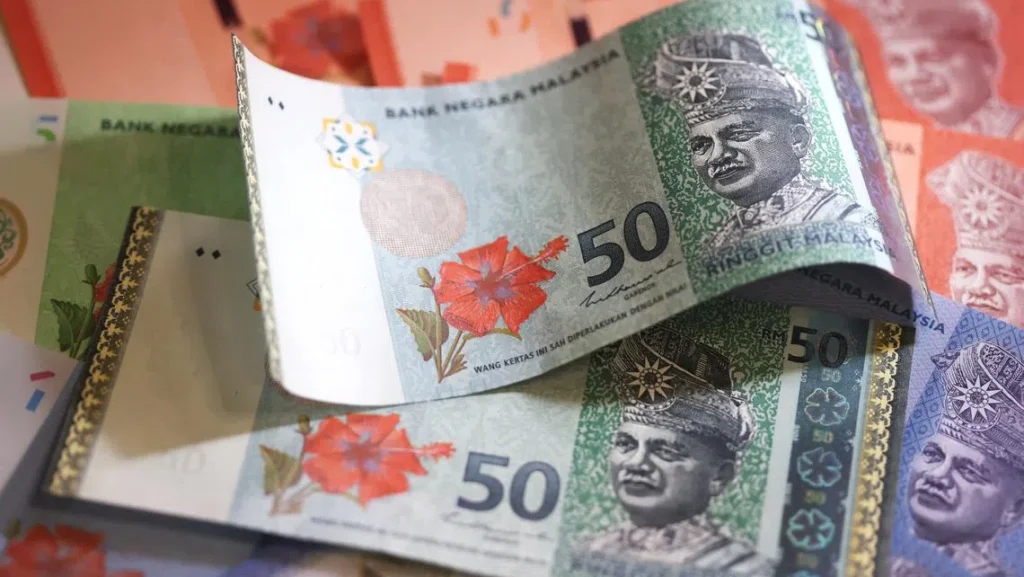Singapore — Across Asia’s rapidly evolving communication landscape, one truth remains: the louder the digital world becomes, the harder it is to be believed. Brands, leaders, and institutions compete endlessly for visibility, but trust — the most valuable form of capital — has become increasingly scarce.
This is where recognition through awards redefines public communication. More than symbols of prestige, awards act as strategic signals of authenticity and credibility. They communicate without exaggeration, bridging the gap between perception and proof.
In the modern information economy, audiences no longer rely on slogans or advertisements. They look for validation. When an individual or organization receives a recognition from Majalah Penghargaan Indonesia, it immediately communicates an undeniable truth: this achievement has been verified.
That shift represents a new paradigm in public communication — moving from claims to confirmation, from narrative to evidence. Awards are now a form of trust diplomacy that connects corporations, governments, and the public through shared values of transparency and integrity.
Research from Majalah Penghargaan Indonesia illustrates how impactful this has become. Award recipients who actively share their achievements experience, on average, a 63% increase in online engagement, a 47% rise in business leads, and a 38% boost in earned media visibility — all without paid promotion. Recognition, therefore, does not only elevate reputation; it mobilizes entire ecosystems of trust.
In an era when artificial intelligence produces content at scale, awards offer a uniquely human dimension. AI may simulate intelligence, but it cannot earn acknowledgment. Awards celebrate intention, impact, and authenticity — the very elements missing in algorithmic communication.
Every award thus becomes part of a nation’s reputational diplomacy — a bridge between innovation and ethics, between local accomplishment and global acknowledgment. When public and private sectors unite to celebrate achievement, they strengthen not only institutions, but also the moral fabric of communication itself.
As GP Herry Saputro observes, appreciation is more than formality; it is a movement that builds collective credibility. In the noise of the digital age, recognition has become the clearest voice — one that speaks not to vanity, but to value.
“In the age of digital noise, recognition speaks the loudest — without the need to shout.” — GP Herry Saputro









